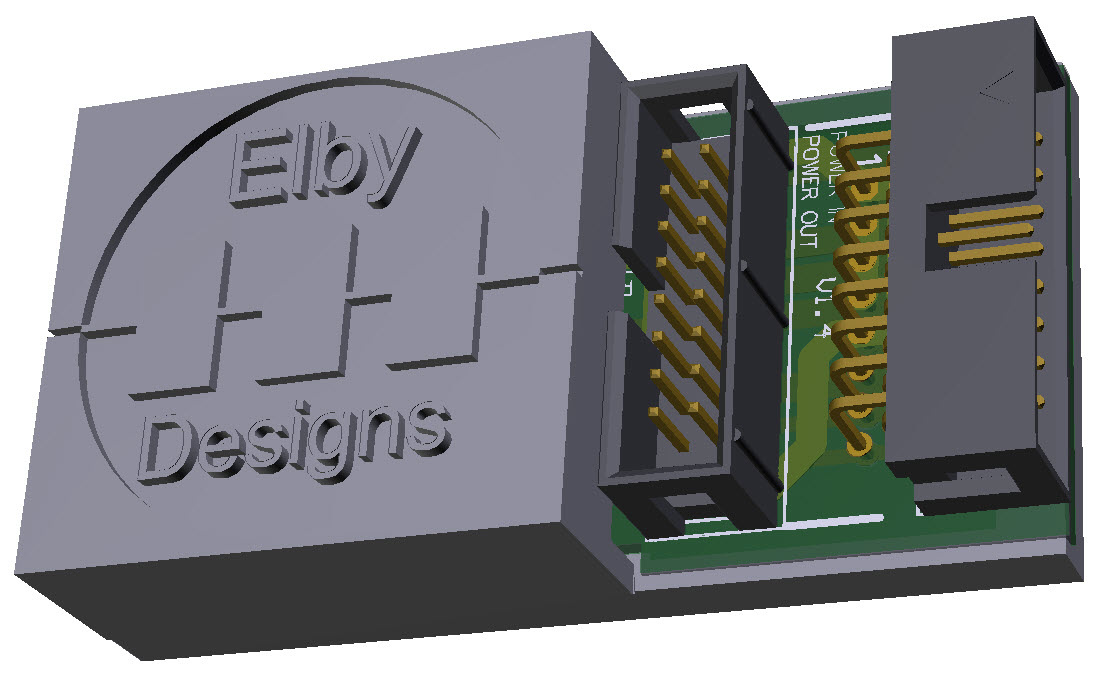Due to the rather heavy usage of bypass capacitors in the synth and DIY scene (generally a good thing) and to some modules having a high inrush current at power-up, some shortcomings of some power supplies have come to light. The most frequent is the failure of one or both power rails to come up to their respective voltage at power-on, caused by the initial demand of all the bypass capacitors or start-up loading of modules. The power supplies sense this as an overload condition and shut down. If modules were brought on-line in groups instead of all at once, the power-up surges can be limited to what the power supply can handle. Once a group of modules has started, its current demands are less, allowing capacity for the supply to start another group of modules. Another issue that can present itself is that the power rails do not 'come on together' ie one rail takes longer to reach its optimum level than the others. In some module designs this can cause problems with the module not starting properly and/or getting in to a 'locked' state. In these cases it is desirable to allow time for the power supply rails to reach their nominal levels and stabilise before powering up the module. The ED706 offers this functionality by starting a timer at power on. Once the timer reaches a user-defined delay-time, it closes a set of relay contacts, powering the modules connected to it. Being an inline unit, the ED706 is ideal for when just a single module needs pre-stabilised power rails for safe and reliable start-up. The delay is adjustable, so as more modules are added that need pre-stabilised power rails, extra ED706s can be added, and adjusted to different times to keep the start-up load distributed. The ED706 switches both the +12V and -12V power rails. Using the recommended relay, the maximum loading per rail is 1A. |
|
© Copyright 2000. All rights reserved. Revised: October 25, 2022



